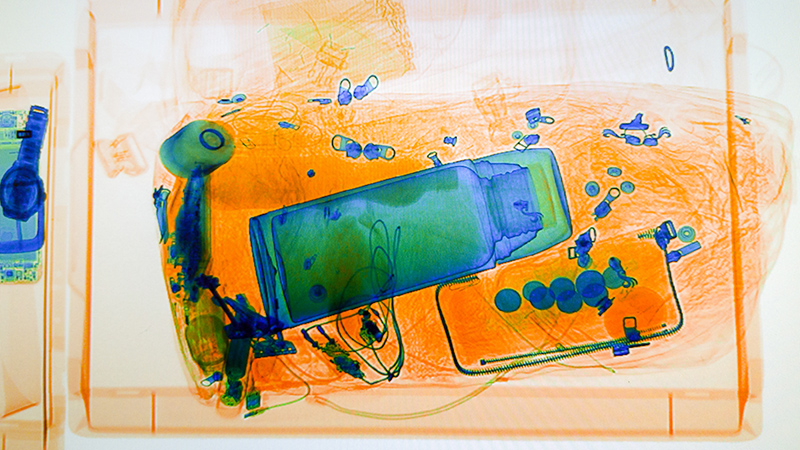
The Government Accountability Office (GAO) released a new report on Oct. 19, detailing the Transportation Security Administration’s (TSA) current efforts to lower the potential possibilities of discrimination against certain minority groups while simultaneously working to ensure TSA meets tech requirements.
Past GAO reports have found that TSA technology can essentially pass detection requirements but, after many years of use, “no longer [meet] detection requirements.” Additionally, the report supports the notion that TSA imagery technology has the potential to discriminate against passengers who are transgender, wear religious headwear, or who have disabilities.
“TSA employs passenger and baggage screening technologies to mitigate the threat of terrorism. TSA has faced challenges ensuring these technologies consistently meet detection requirements,” the GAO report says.
“The agency has also faced allegations that some of its screening practices, such as the use of advanced imaging technology, may refer certain passengers more frequently to additional screening,” it adds.
Currently, the TSA is in the “process of developing an algorithm update for its advanced imaging technology machines which, according to officials, would increase detection rates and reduce false alarm rates for the traveling public,” GAO said.
Furthermore, the imagery sensory technology did away with gender-identifying buttons that allow TSA officers to “be required to [only] press a gender-neutral ‘scan’ button which, according to TSA, is expected to facilitate screening of transgender passengers,” the report says.
The report concludes by reinforcing nine recommendations made in previous GAO reports, with seven remaining open. Some of those seven include:
- TSA should collect additional data on passenger referrals for additional screening;
- TSA should conduct assessments to determine the extent to which TSA’s passenger screening practices comply with agency non-discrimination policies to identify any needed actions to improve compliance; and
- The TSA administrator should develop a process to ensure that screening technologies continue to meet detection requirements after deployment to commercial airports.
The TSA concurred with all recommendations.
